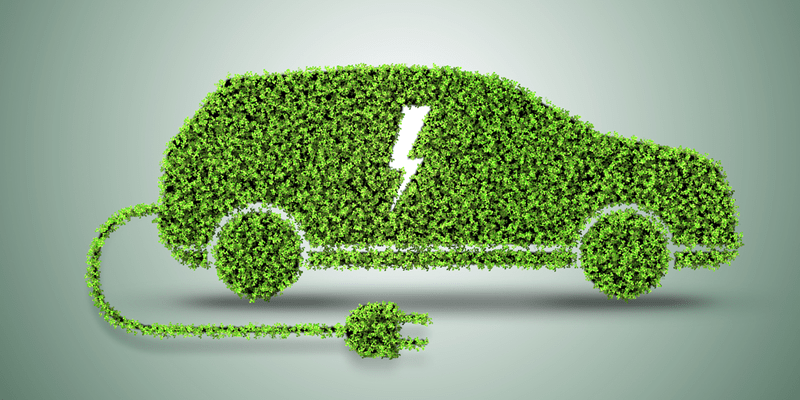India is rapidly positioning itself as a key player in the global electric vehicle (EV) market, leveraging policy momentum, investment incentives, and a strong push for clean mobility to create new leadership opportunities in the automotive sector. As the country undergoes an energy transition aimed at decarbonizing transport, stakeholders across government and industry are aligning efforts to make India a global hub for EV innovation and manufacturing.
According to industry estimates, India’s EV market—valued at approximately USD 3.21 billion in 2022—is projected to grow to USD 113.99 billion by 2029. This represents a compound annual growth rate (CAGR) exceeding 65%, underscoring the scale of transformation underway. With the government targeting 30% electric vehicle penetration by 2030, and over 80 million EVs expected on Indian roads, the momentum is unmistakable.
Amitabh Kant, G20 Sherpa and former CEO of NITI Aayog, emphasized the significance of timely adoption. “If we don’t shift now, we risk missing the opportunity to become the world’s largest EV manufacturer,” he noted during a recent industry dialogue. He highlighted that India has the potential not only to meet domestic EV demand but to emerge as a global leader in clean mobility solutions.
Supporting this growth, the Indian government has unveiled the ‘7C’ vision for EV adoption—Common, Connected, Convenient, Congestion-free, Charged, Clean, and Cutting-edge. This strategic framework aims to build a holistic EV ecosystem through initiatives such as expanding EV charging infrastructure, enabling low-cost financing, and fostering public-private collaboration.
In tandem, the Indian EV battery market is witnessing exponential growth. From USD 16.77 billion in 2023, it is expected to rise to USD 27.70 billion by 2028, driven by increasing demand across two-wheelers, passenger cars, and commercial fleets. This opens significant investment opportunities for both domestic and global players in lithium-ion battery production and recycling.
Industry analysts, such as Ashim Sharma, Partner at Nomura Research Institute, project that India could reach 12% to 15% EV penetration by 2030—comparable with leading markets like Europe and the US. With a strong foundation in software and digital innovation, India is also uniquely positioned to develop cutting-edge vehicle control systems, telematics, and smart mobility solutions.
Moreover, the shift towards electric mobility aligns with India’s larger climate commitments, including its pledge to achieve net-zero emissions by 2070. Encouraging EV adoption reduces dependence on fossil fuels, improves urban air quality, and supports sustainable economic growth.
Conclusion
India’s strategic push for electric vehicles, supported by policy initiatives, market readiness, and technological capabilities, presents a compelling opportunity for the country to emerge as a global EV powerhouse. With consistent investment in infrastructure, R&D, and manufacturing, India is not just catching up with global trends—it is setting the pace for the future of green mobility.



